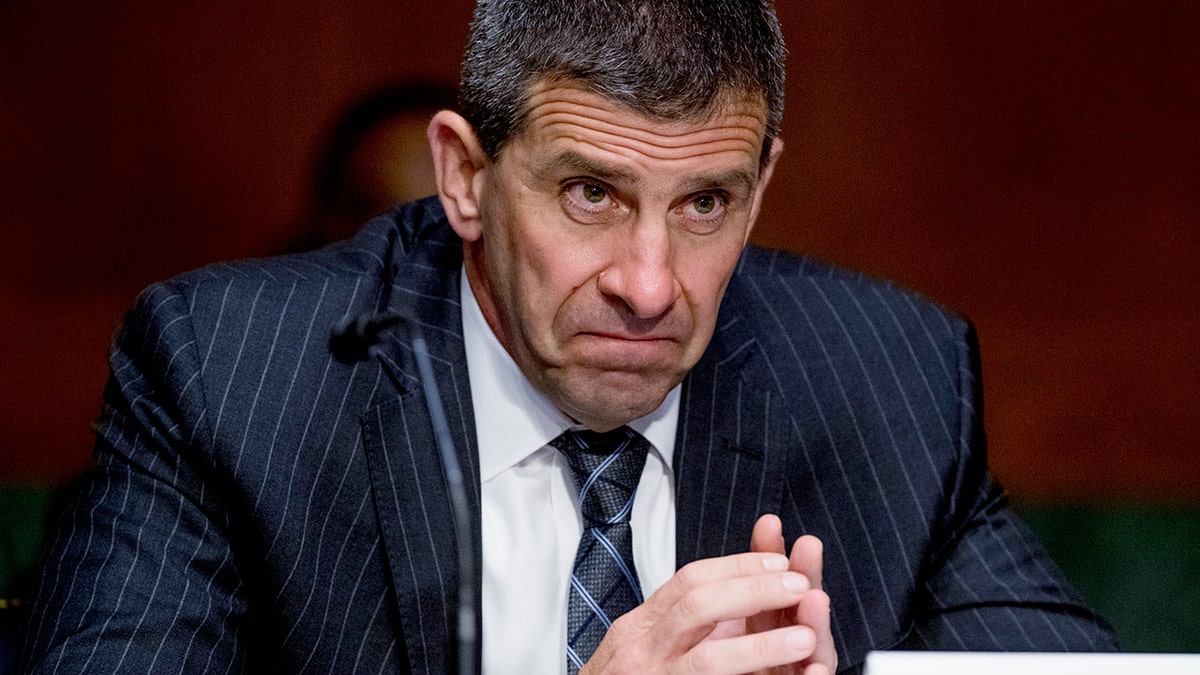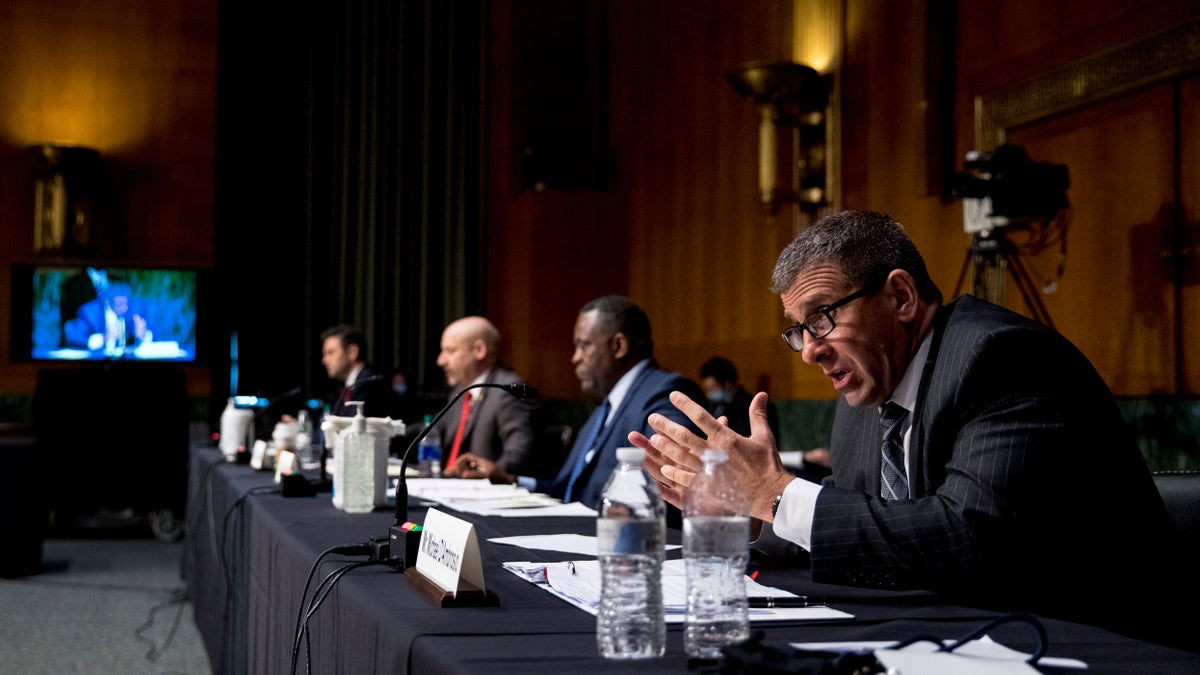Fox News Flash top headlines for June 10
Fox News Flash top headlines are here. Check out what's clicking on Foxnews.com.
The U.S. Secret Service has prevented roughly $1 billion in coronavirus fraud losses while initiating more than 100 criminal investigations during the pandemic, a senior official said this week.
The agency and its partners successfully disrupted numerous schemes that attempted to defraud U.S government programs aimed at helping U.S. individuals and businesses who are struggling economically during the outbreak, Secret Service Assistant Director Michael D’Ambrosio told the Senate Judiciary Committee during a hearing Tuesday on Capitol Hill.
"As the pandemic continued and intensified, we have observed a proliferation and diversification of criminal schemes, particularly an increase in targeting various economic relief programs, such as those provided by the CARES Act," D'Ambrosio said. "Countering this fraud has become a core focus of our investigative work, and I expect our investigative efforts to recover stolen assets and hold criminals accountable will continue for years."
"We have observed a proliferation and diversification of criminal schemes, particularly an increase in targeting various economic relief programs, such as those provided by the CARES Act."
AS CORONAVIRUS SCAMS PROLIFERATE, GOOGLE LAUNCHES SCAM-SPOTTER TOOL

Secret Service Assistant Director Michael D'Ambrosio appears at a Senate Judiciary Committee hearing on Capitol Hill in Washington, June 9, 2020. (Associated Press)
The Secret Service put out its first alert highlighting the scams back in March, warning of "phishing" campaigns related to the coronavirus being sent to emails. Such scams could result in people revealing personal information, such as passwords and credit card numbers.
"Over the subsequent weeks, the crimes exploiting the pandemic began to diversify and substantially increase," D'Ambrosio added.
On Tuesday, he said those crimes included the sale of fraudulent medical equipment, cybercrime, ransomware attacks that could disrupt certain pandemic responses, and defrauding of government and financial institutions associated with "response and recovery efforts."
He said the last type of fraud would be of particular interest to the committee, adding it's an area where authorities were "devoting extraordinary investigative effort to addressing."
SCAMMERS ARE BUILDING WEBSITES TO CASH IN ON CORONAVIRUS
D'Ambrosio added that fraud related to the $3 trillion appropriated by Congress to support the American economy -- described as the largest-ever economic stimulus package in U.S. history -- was possibly the most troubling development.

Secret Service Assistant Director Michael D'Ambrosio, right, accompanied by from left, Justice Department Associate Deputy Attorney General William Hughes, Justice Department U.S. Attorney Craig Carpenito, and FBI Criminal Investigative Division Assistant Director Calvin A. Shivers, speaks at a Senate Judiciary Committee hearing on Capitol Hill in Washington, Tuesday, June 9, 2020. (Associated Press)
"It is despicable that some seek to engage in fraud against U.S. government programs that aim to brunt COVID-19-induced economic harms. This includes fraud against unemployment benefits, Economic Impact Payments (EIPs), Paycheck Protection Program (PPP) funds, and other CARES Act initiatives," D'Ambrosio said.
"Even if we assume a very low rate of fraud, of just 1 percent, we should still expect more than $30 billion will end up in the hands of criminals," he added.
"Even if we assume a very low rate of fraud, of just 1 percent, we should still expect more than $30 billion will end up in the hands of criminals."
CLICK HERE FOR COMPLETE CORONAVIRUS COVERAGE
D'Ambrosio said the Secret Service also successfully disrupted hundreds of online coronavirus-related scams and halted the alleged "illicit" sale of stolen COVID-19 test kits online. The agency is also taking part in a nationwide effort to stop an international scheme aimed at defrauding U.S. state unemployment systems.
"Longer-term, we will work to ensure that those who have criminally exploited this crisis are arrested and successfully prosecuted," he said.


